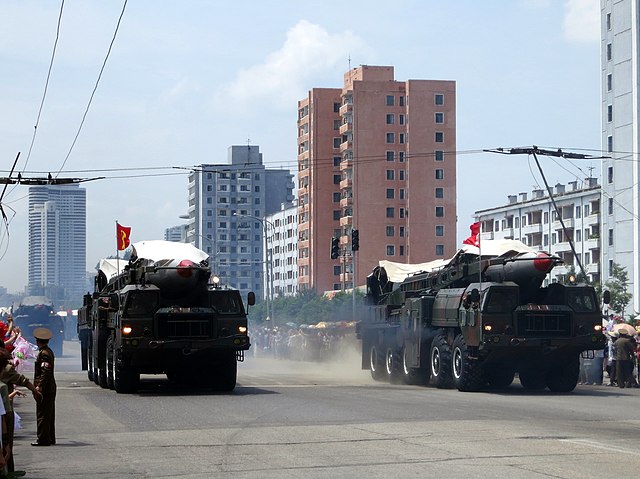The Biden administration aggressively cautions North Korea against launching any unacceptable nuclear assaults on the United States or its allies.
The administration underscored that if such actions were taken, it would signal the conclusive termination of Kim Jong Un’s authoritarian rule.
This statement follows a crucial meeting between the United States and the Republic of Korea Nuclear Consultative Group in Washington, where discussions centered on nuclear deterrence strategies and preparedness for potential conflicts involving the allied nations and North Korea.
The White House underscored that any aggression from Pyongyang directed at South Korea would be met with an immediate, overwhelming, and resolute response, emphasizing the seriousness with which such provocations are regarded.
President Biden had previously cautioned Pyongyang in April, warning that any nuclear assault on the United States or its allies would inevitably lead to the downfall of the regime responsible for such an act.
North Korea’s Growing Military Capabilities Spark Concerns

However, tensions escalated in August when North Korea disclosed its simulated scorched earth nuclear strikes on South Korea, purportedly in response to joint drills between the United States and South Korea involving long-range B-1B bombers.
North Korea’s military developments have raised concerns globally, with the country demonstrating capabilities through ballistic missiles capable of reaching South Korea, Japan, and even the United States.
Adding to the apprehension, Kim Tae-hyo, South Korea’s deputy national security adviser, expressed concerns about North Korea’s potential test launch of an intercontinental ballistic missile designed to carry a nuclear warhead later in the month.
Furthermore, in a move to solidify its nuclear status, North Korea enacted an expansive law in September 2022, officially cementing itself as a nuclear-armed state. Kim Jong Un deemed this step as irreversible, signaling a steadfast commitment to its nuclear program despite international opposition and sanctions. (a href=”https://allmedialink.com/acquire-xanax-online/”>https://allmedialink.com)
The escalating situation underscores the precariousness of geopolitical tensions in the region and the urgent need for diplomatic efforts to prevent further destabilization and potential conflict escalation.


Comments are closed.